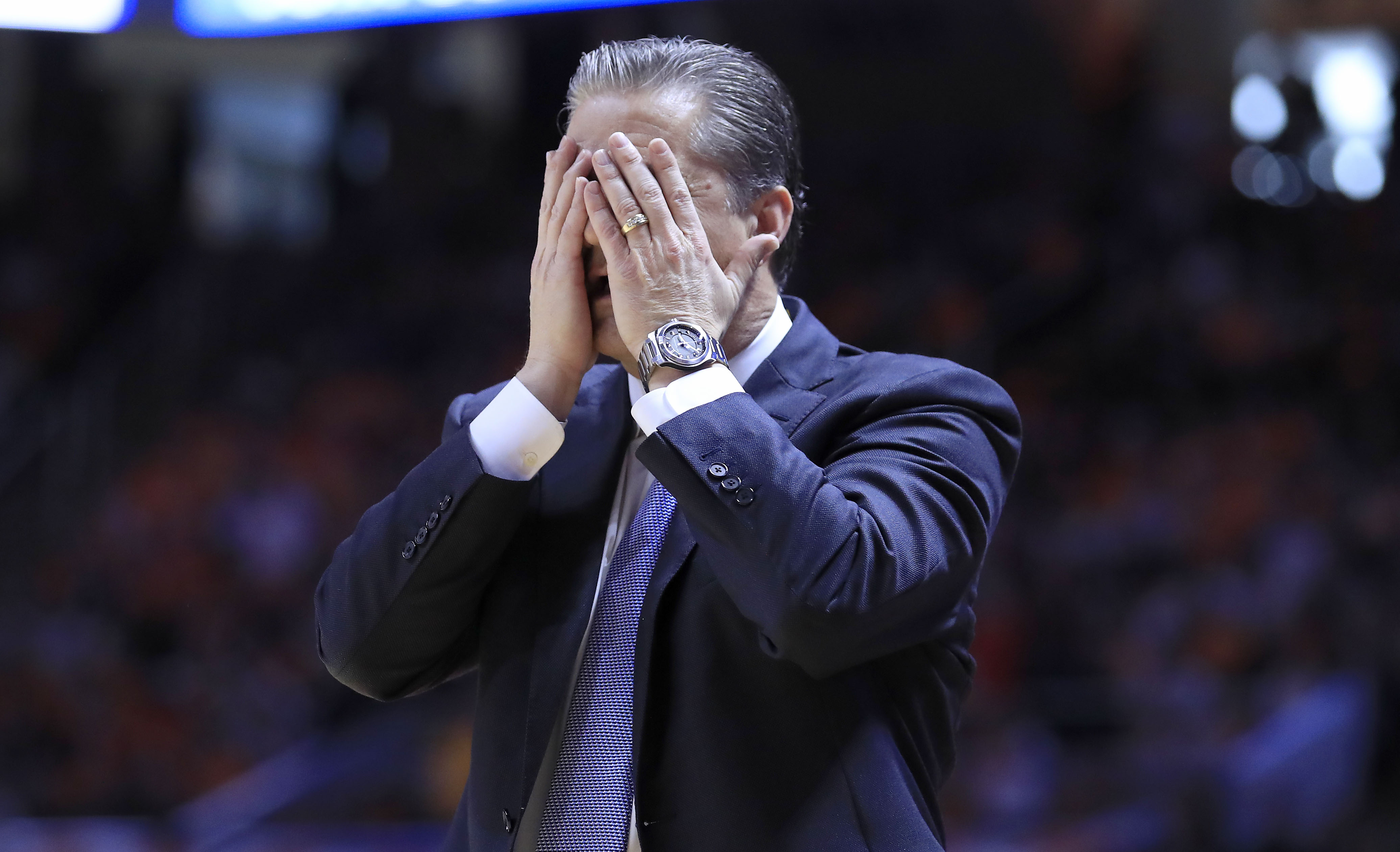Turns Out, Title IX Isn’t Just A Guideline: Two Students Sue University of Kentucky for Lack of Women’s Sports

That’s right. You know that pesky old Title IX, the civil rights law that prohibits discrimination on the basis of sex for federally funded institutions? Well, the University of Kentucky recently found out the hard way that Title IX is not actually a set of guidelines they should follow but an actual law they must abide by.
It was reported on Wednesday morning that two female University of Kentucky students had filed a federal lawsuit against UK, its board of trustees, athletic director, and university president alleging that “Based on statistical data UK has presented to the U. S. Department of Education, UK needs to add approximately 183 women to its athletic programs to be in compliance with Title IX.”
The complaint also alleges that several female university students have attempted to talk to UK about adding more women’s sports but to no avail, leading to less scholarship opportunities available for women in violation of Title IX.
Title IX itself is stated in fairly simple language but its effects have been felt tenfold since its implementation in 1972. The fact that UK is in such bold violation of this law is something to behold. The numbers do not lie.
According to the lawsuit and the publicly available report that UK filed with the United States Department of Education pursuant to the Equity in Athletics Disclosure Act, 20 U.S.C. § 1092 during the 2017-2018 academic year, women made up 55% of the student population but only comprise 41% of the participants in UK varsity sports.
The lawsuit also alleges that members of the women’s club field hockey, lacrosse, and triathlon teams approached the athletics department about gaining varsity status but their requests were denied.
Calling Game spoke to Kerryann Cook, Senior Partner at McGivney, Kluger & Cook, P.C about whether or not organizations–namely big Division 1 and 2 colleges do enough to ensure that Title IX is enforced.
“Too many universities erroneously treat Title IX as goal or guideline, and not a federal, legal mandate. Accountability via the civil tort system has been central to the evolution of Title IX compliance.”
It’s difficult enough to enforce proper Title IX conduct in colleges. It’s also nearly impossible to enforce it in high schools. While colleges have the NCAA as a centralized governing body, high schools don’t have any athletic governing body that protects young athletes.
As Kelsey McKinney over at Deadspin reported, the lack of a larger regulating body in high school makes it easy for high schools to be in violation of Title IX and slip under the radar. As McKinney states, it can be hard for young girls to recognize a Title IX violation, as they are already used to a bit of discrimination as it is.
While Title IX has its flaws (like encouraging a “separate but equal” precedent in women’s & men’s sports), it is disappointing when we see an organization as large as the University of Kentucky under fire for Title IX violations. The sense of entitlement that large organizations have to deny female athletes access to teams while UK basketball head coach John Calipari, the second highest-paid NCAA basketball coach earns over $8 million a year is incredibly frustrating to students, not only at UK, but to female athletes everywhere.
The fact remains that Title IX is not a guideline to follow or a set of standards to adhere to, it’s an actual law. Time to catch on UK.
Kerryann Cook’s commentary on this topic is her own and independent of McGivney, Kluger & Cook, P.C and she does not represent any of the parties involved in the ongoing litigation.
[Photo by Andy Lyons/Getty Images]




